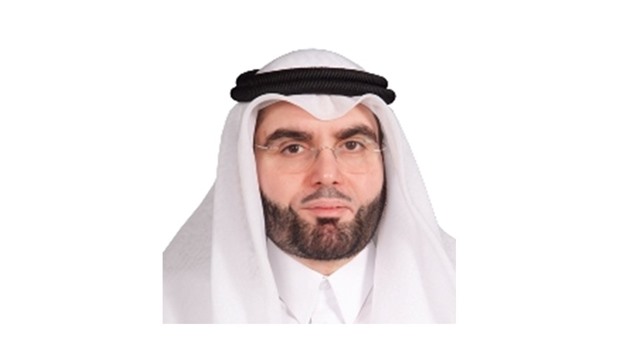Qatar has reiterated its firm stand rejecting violence and extremism in all its forms, stressing that “bullets and bombs” were not enough to win the war on extremism and that understanding the root cause of terrorism was a prerequisite to tackling its prevalence.
Delivering a statement before the annual meeting of the United Nations Alliance of Civilizations (UNAOC) Focal Points Meeting in New York on the item “Preventing and Combating Violence and Extremism”, Dr Hassan Ibrahim al-Mohannadi, Vice-Chairman of the Qatar Committee for the Alliance of Civilizations, said that “bullets and bombs” were not enough to win the war on these phenomena and that they need a deeper and more strategic long-term approach as well as a political determination to negotiate on pluralistic and comprehensive solutions to regional conflicts.
Dr al-Mohannadi stressed the Committee’s keenness since its inception to adopt policies aimed at contributing to the international community’s efforts to prevent and combat violence and extremism, disseminate the values of brotherhood, tolerance, peace and stability to serve humanity as a whole, and pointing to its continuing mediation efforts to resolve various international and regional issues.
He referred in this context to the Committee’s important and active role in defusing many conflicts and disputes between different religious, ethnic and sectarian groups in different countries of the world and achieving remarkable successes.
Dr al-Mohannadi said: “We in Qatar reject all forms of violence and extremism. HH the Emir Sheikh Tamim bin Hamad al-Thani has stressed our clear and categorical rejection of terrorism and religious extremism regardless of the analysis of their causes and means of dealing with them. Qatar’s fight against terrorism and denial of extremism stem from their social and cultural threats to our society, religion and nation”, he added.
Qatar has established many institutions and agencies aimed at spreading the culture of co-existence and dialogue among civilizations and religions, fighting extremism and rejecting violence, Dr al-Mohannadi said referring to the Doha International Centre for Interfaith Dialogue, which seeks to spread the culture and acceptance of others and peaceful co-existence.
The Centre founded in 2007 contributed to building bridges of co-operation and understanding between the followers of religions and different civilizations and cultures around the world, he added.
Established in 2010, the Qatar Committee of the Alliance of Civilizations set the 2014-2016 Plan of the State of Qatar for the UN Alliance of Civilizations (AOCs) to ease tensions between different nations and peoples, remove the causes of division and misunderstanding and build well-established relationships among them in order to achieve the humanitarian goal of peaceful co-existence, acceptance of others and respect for different peoples and cultures, Dr al-Mohannadi explained.
Qatar has also established the Hamad Bin Khalifa Civilization Centre in Copenhagen, Denmark, in 2014, aimed at serving Muslims in Europe and to be a beacon for a deeper understanding of the teachings of Islam.

Dr Hassan Ibrahim al-Mohannadi, Vice-Chairman of the Qatar Committee for the Alliance of Civilizations
